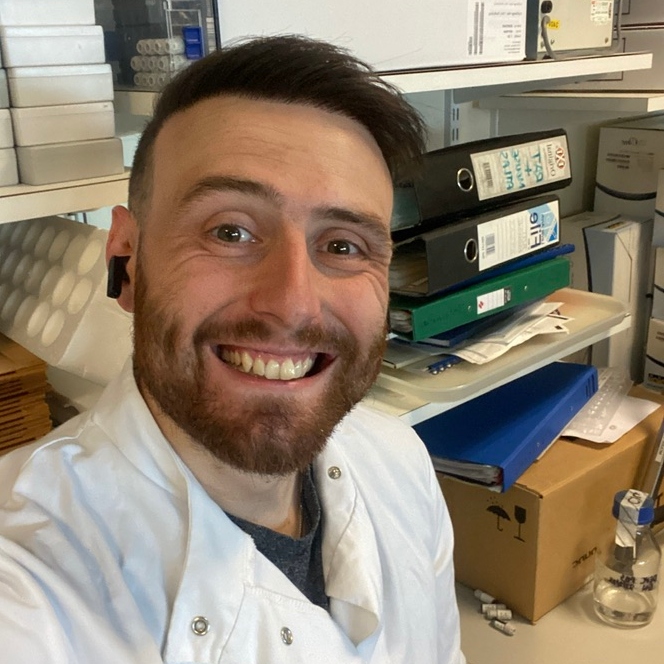
July 16, 2024, by Jackie Thompson
From the lab bench to the back bench – moving from academia to the Civil Service
by Matthew Padgett, graduate
I am a PhD graduate in neuroscience from UoN conducting research in the lab of Dr Tracy Farr studying vascular dementia. My PhD was an incredible learning experience and an opportunity to conduct interesting and innovative scientific research with renowned scientists. However, near the end of my PhD studies, I made the decision not to pursue an academic career.
There are several reasons for this, although none related to my enjoyment of, or passion for, science, which is still present. A career in academia is incredibly competitive and unstable, with progression after a PhD often reliant on short-term contracts, and in most cases, having to move labs repeatedly to chase grant funding.
Using my skills outside academia
For this reason, I decided to use my PhD skills and interests and move into policy work for the Civil Service. One of my main motivations was the sheer size of the Civil Service and the opportunity to work in so many different areas over the course of my career.
Climate change roles
As somebody who is very easily bored, this was a large part of what drew me to the Civil Service. I am currently on the Civil Service Fast Stream as a STEM (science, technology, engineering and maths) recruit and will specialise in climate change policy from October. This means that I will specialise in climate change roles for the duration of my time on the Fast Stream and attempt to build up a knowledge base and career in this area. My next role could be anything from delivering clean energy projects, working on hybrid vehicle rollout or helping to deliver net zero!
Department of Work and Pensions
I have spent this year working on policy for the Department of Work and Pensions (DWP), specialising in disability benefit policy. While not my first-choice rotation, this has actually been an amazing experience working on policy issues at the forefront of government, even writing a submission for No 10 in my first six months on the job.
Further, I have found the DWP an incredibly supportive and encouraging place to work, with my senior colleagues genuinely invested in my development and helping me develop skills in briefing writing and policy development that I would never have achieved in a scientific role. Also, I have found the people in my team to be incredibly warm, both senior colleagues and those more junior. Our Sheffield team also has lots of social events, and I have made friends that will certainly outlast my time in the department.
Training opportunities and other benefits
The Fast Stream provides an incredible array of training opportunities and is a good option for scientists making a career switch into policy. There is lots of mandatory training on things like briefing writing, presenting confidently, and leadership seminars.
Further, each department will also allow you to conduct lots of training, for example, last week I was present in parliament to observe DWP oral questions in the House of Commons.
Another key benefit of the Fast Stream is it is nationwide. As a proud Yorkshireman who moved to the Midlands, and was shunned for this, I was pleased to find a role that did not involve moving to London or the South away from family and my partner.
Next steps?
With full disclosure, I am not sure what my next steps after the Fast Stream will be. I hope to get as many skills and new knowledge in my next two years working on climate change policy and will let these experiences help me decide what I do next. I am very open to trying new things having made the switch from academia and have no idea what I will be doing in five years.
Go to our website to find out more about graduate roles and the Civil Service. We have a dedicated website for postgraduate researchers covering your options and careers advisers who can support your career development.
No comments yet, fill out a comment to be the first

Leave a Reply